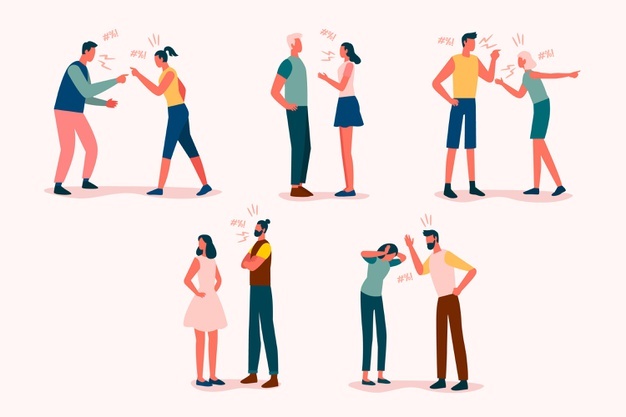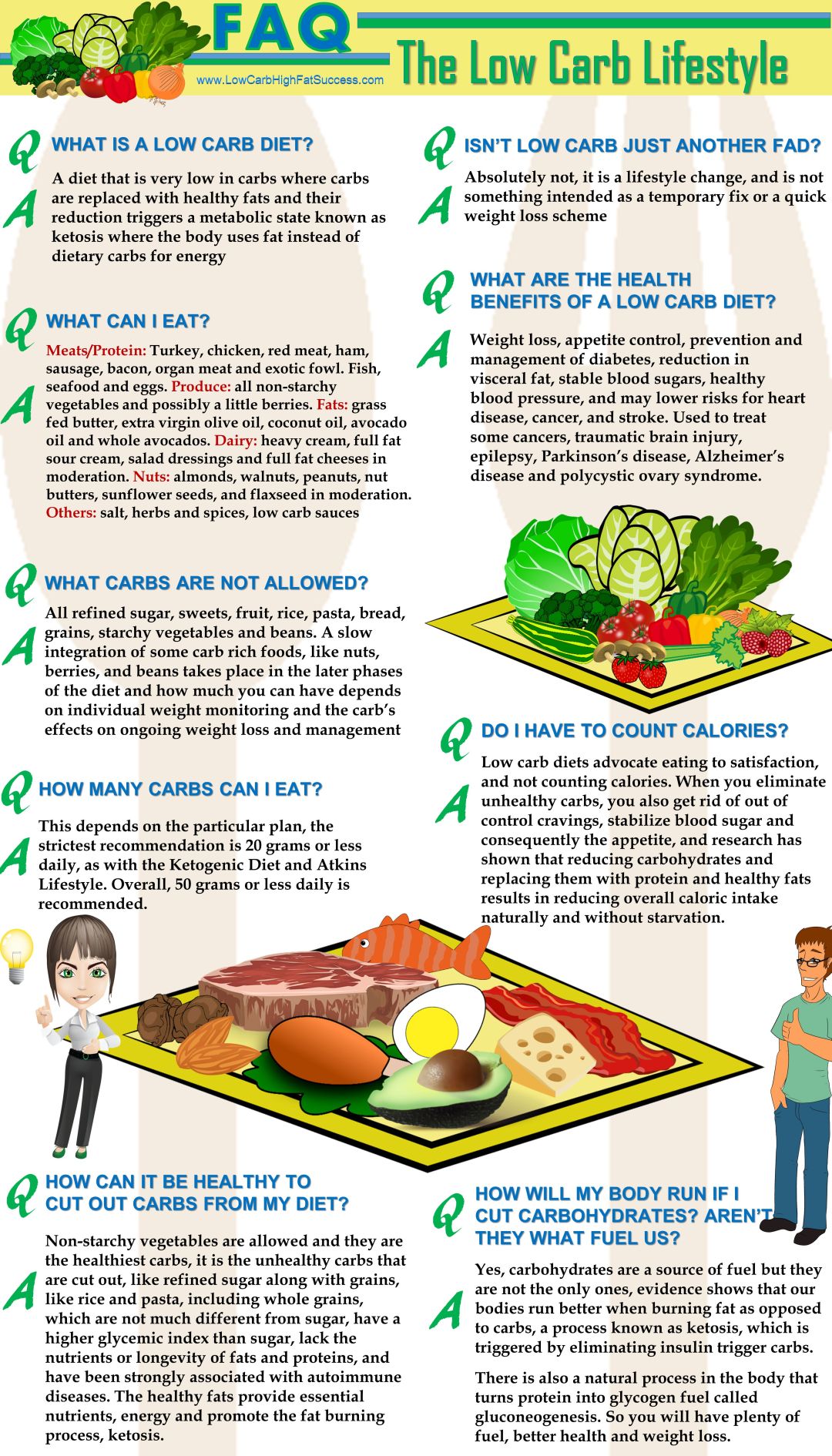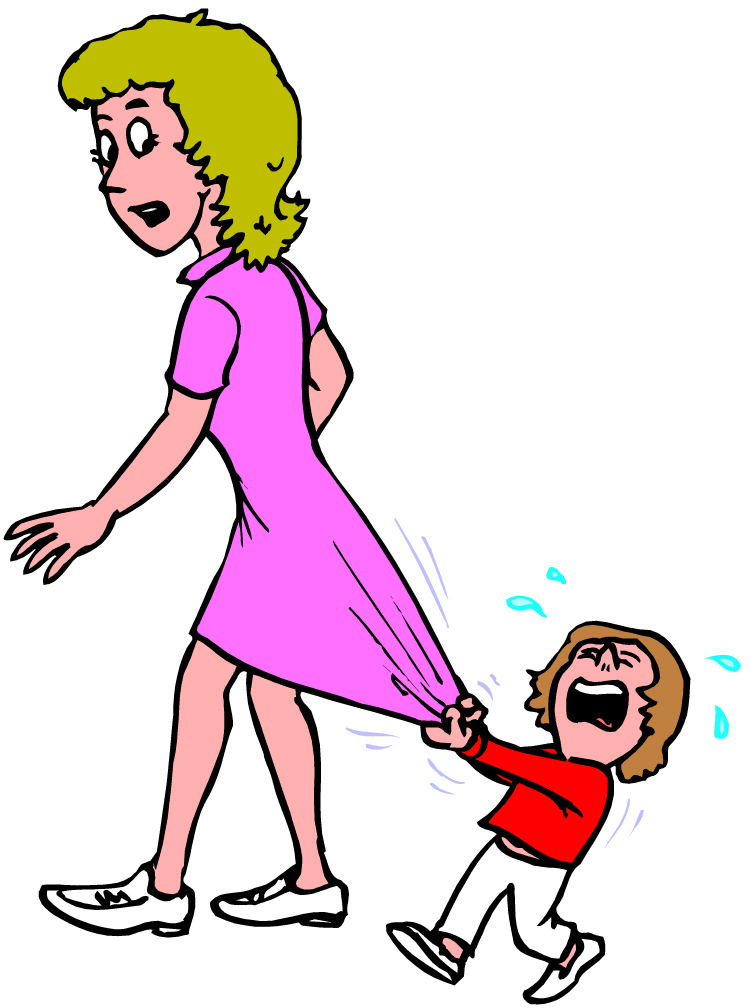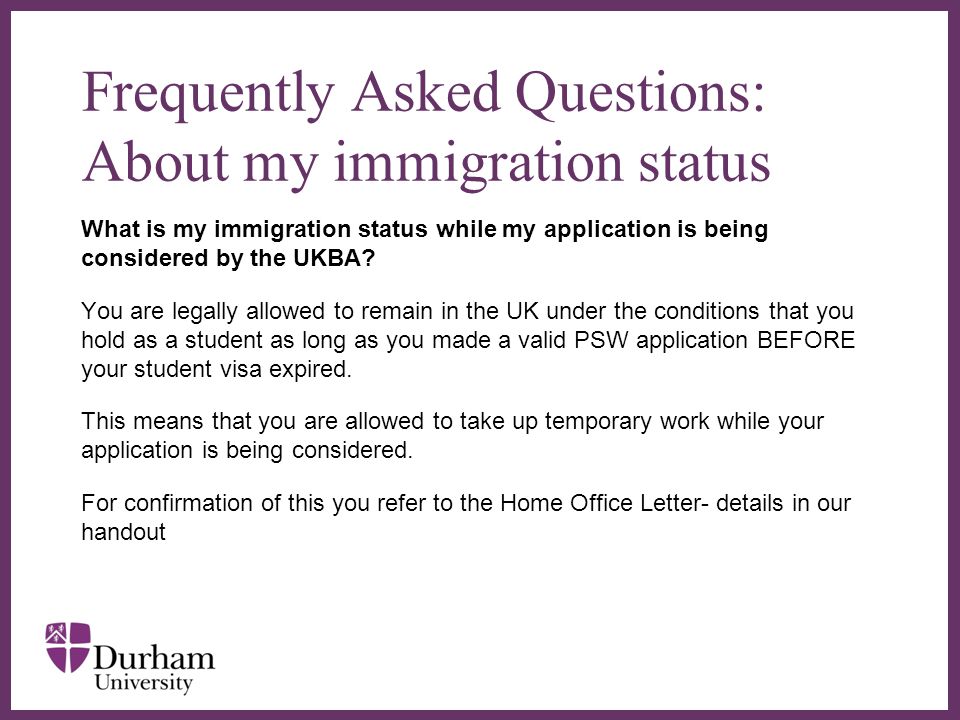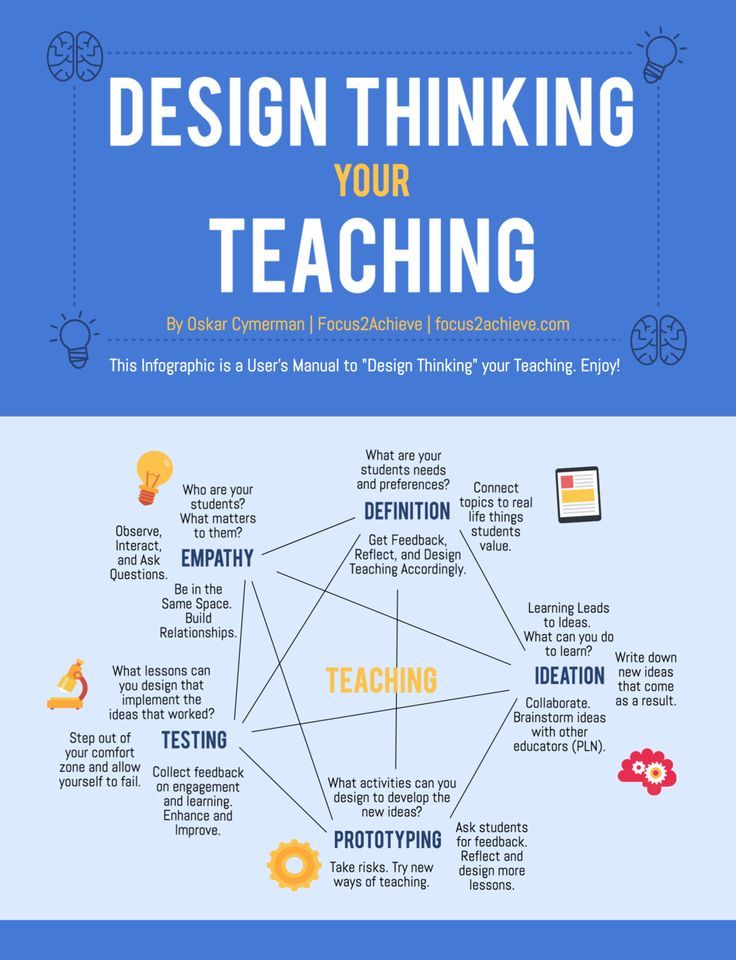How to recover from a toxic relationship
How to Heal from a Toxic Relationship: 10 Steps
Sharing is caring!
291 shares
- Share
- Tweet
A toxic relationship is a damaging relationship characterized by insecurity, control, and abuse.
Whether it is a romantic one, within a family, or a toxic friendship, a toxic relationship typically pulls you in a cycle of abuse where you doubt yourself, always feel guilty, and desperately seek reconciliation. These relationships can diminish your self-esteem and seriously damage your mental health.
Toxic relationships can happen to anyone, so don’t beat yourself up for engaging in an unhealthy relationship. It is often difficult to spot any warning signs at the beginning of a relationship. Your partner can appear charming, charismatic, and caring, making you feel loved and valuable.
Once you get deeply involved with them, however, you realize that your significant other is a narcissist who doesn’t look for an equal partner but for someone they can manipulate and control.
No matter how much time or energy you have invested in a relationship, it is never too late to cut ties with an abusive partner or a friend. Once you leave a toxic relationship, you’ll be ready to take the next steps to heal.
The first step in healing from a toxic relationship is understanding why and how you attract toxic people in your life.
Understanding: Why Do I Attract Toxic People?
Most people in toxic relationships feel overwhelmed by shame, fearing that there might be something wrong with them.
There is nothing wrong with you, but there are a few things you need to figure out.
Firstly, you need to discern the difference between guilt and shame is an essential step in healing from toxic relationships. Guilt helps you identify mistakes and wrong choices you’ve made, motivating you to improve your behavior.
Conversely, shame causes feelings of worthlessness and defect, often triggering anxiety, depression, and other mental health issues.
Also, you may have certain traits that attract toxic individuals. For example, you may be kind, generous, willing to help, and non-confrontational to the borderline of people-pleasing.
If you always please others to get their approval and feel valued, you may become a magnet for toxic people and engage in codependent relationships.
Don’t mistake people-pleasing with kindness. If you are a people-pleaser, you have difficulty turning others’ requests down because you fear being rejected. So, you never stand up for yourself and allow toxic persons to mistreat you in the hope of acceptance and validation.
You may have grown up in a family with unhealthy attachment, with negligent or abusive caregivers, which established approval-craving and desire to please others as patterns in your adult life.
How to Get Away from Toxic People
Breaking the abuse cycle in a toxic relationship is not easy, but it is possible. Here is a list of ten strategies you can use to get away from toxic people and recover from a toxic relationship.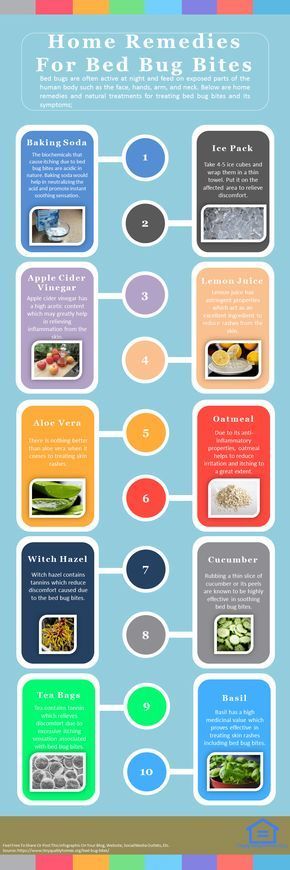
1. Set Firm Boundaries
There is no reciprocity in toxic relationships. For example, your narcissistic partner may see you as someone who exists to satisfy their own needs, so they may not respect your boundaries.
If you have to stay in contact with a toxic person (e.g., you share children), make sure to set firm personal boundaries. Stay calm but firm and consistent, and let them know which behaviors you will not tolerate.
We all deserve to be happy and fulfilled in life. Read on to discover the benefits of hiring a certified life coach and how I can assist you in achieving your dreams.
2. Follow “No Contact” Rule
Once you break up or end the relationship, don’t contact your toxic partner or friend again. “No contact rule” means:
- Unfriending the toxic person from social media
- Deleting their phone number
- No calls
- No messages or emails
- Do not contact their family or friends
3. Practice Self-Compassion
Self-compassion involves a persistent attitude of self-acceptance.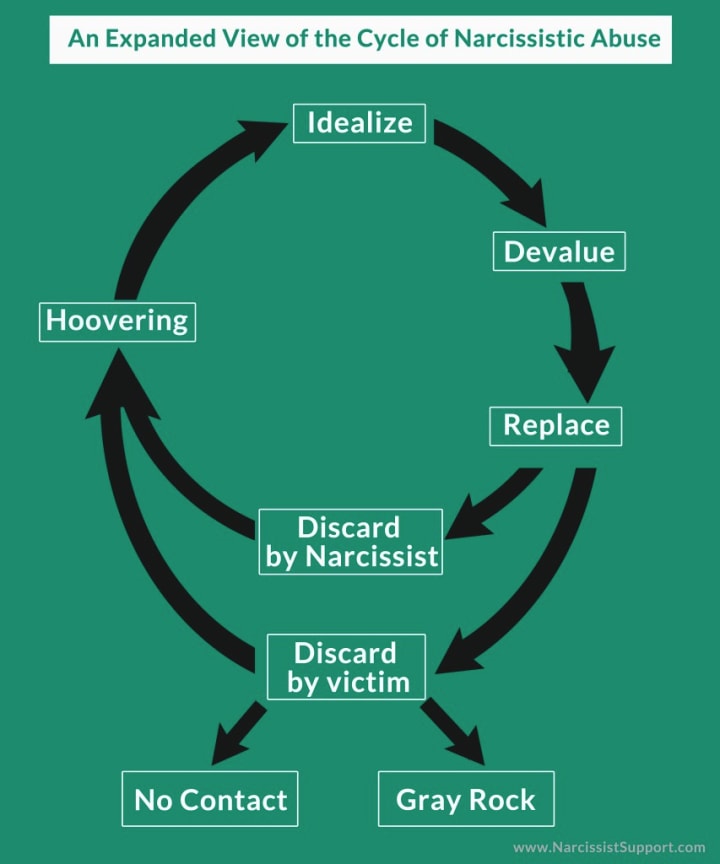 It means treating yourself with the same kindness you would offer to a dear friend. Self-compassion allows you to forgive yourself and stop battering yourself from past mistakes.
It means treating yourself with the same kindness you would offer to a dear friend. Self-compassion allows you to forgive yourself and stop battering yourself from past mistakes.
4. Make Self-Care Your Priority
There is nothing wrong with putting yourself first. Work on ways to boost self-respect and self-love and find happiness inside. Turn to yourself for inspiration, joy, and peacefulness. Here are a few ways to practice self-care:
- Connect with nature
- Try new hobbies
- Spend time alone
- Get enough sleep
- Exercise regularly
- Practice mindfulness
- Eat nutritious food
5. Surround Yourself with Positive People
You don’t have to suffer through this hurt alone. Read on to uncover what a self-love coach can do to help you work through this experience.
Spend time with close friends and family and other positive people who make you feel good about yourself. They are your strongest support group. Surrounding yourself with positive people can boost your confidence, increase your mood, and improve your well-being.
6. Focus on the Present
Instead of digging in your past, mindfully focus on the present. Practice mindfulness meditation and relaxation. If you are mindfully attentive to the present, you can become more relaxed and resilient to stress.
7. Write a Journal
Also, journaling will enable you to recognize negative behavior patterns that cause distress and let go of them. This can help you restore self-esteem and inner peace and bounce back from the crisis more quickly.
Writing about your experiences, thoughts, and feelings can help you control your emotions and negative thoughts. Also, journaling about painful emotions such as sadness or fear can help release their intensity.
8. Practice Reframing to Overcome Negative Thoughts
A negative mindset prevents us from finding solutions to our problems. Reframing is learning ways to overcome negative thinking patterns and change your perspective. It allows you to look at the situation in a new way that can minimize the toxic relationship’s effect on your well-being.
9. Make New Memories
Making a firm decision to end a toxic relationship can motivate you to develop new interests and give you a sense of getting your life back on track. Staring a new chapter helps create new memories that are not related to your toxic relationship.
10. Find Support
Coaching related to healing from heartbreak can help you address toxic relationship issues and come to terms with your negative experience. A trained coach can help you work through your emotions after ending a toxic relationship.
Coaching can help you move through what you are feeling and into a generative place, helping you replace negative thinking patterns with positive ones that will boost resilience, boost your self-esteem, and encourage personal growth.
Related Posts:
- by Kamini Wood
13 Tips for How to Heal From a Toxic Relationship
Toxic relationships can be different for everyone.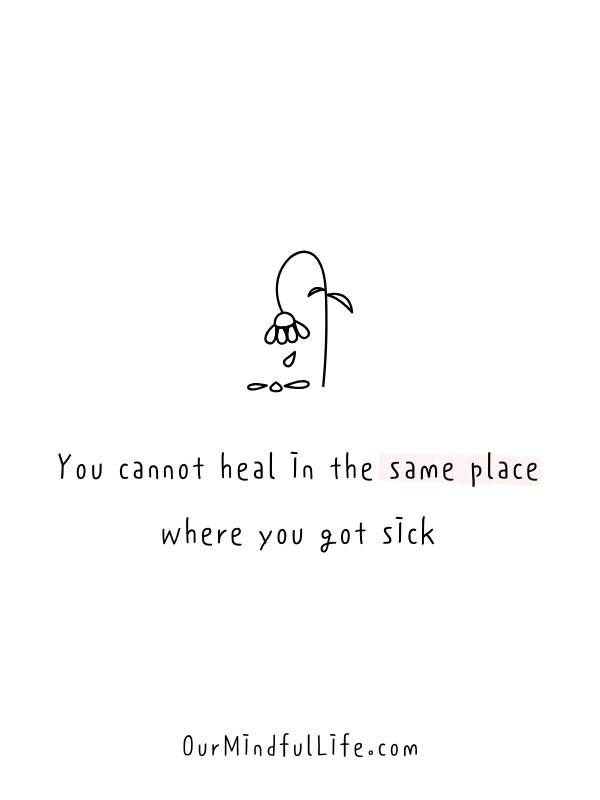 They don’t always tart out toxic, so it can be tricky to identify if you are in an unhealthy relationship. Even if you have identified it, it can be really hard to leave the partner for many different reasons. While everyone’s recovery is different, here are some tips on how to heal after a toxic relationship.
They don’t always tart out toxic, so it can be tricky to identify if you are in an unhealthy relationship. Even if you have identified it, it can be really hard to leave the partner for many different reasons. While everyone’s recovery is different, here are some tips on how to heal after a toxic relationship.
13 Tips for How to Heal From a Toxic Relationship
Choosing to end a toxic relationship may be the best thing, though that doesn’t mean it is easy. It can be especially challenging to heal if there has been abuse or infidelity in the relationship. If you’re thinking about leaving, or have recently left a toxic relationship, the next step in the process is healing.
Feel Your EmotionsLeaving an unhealthy relationship can summon really painful and confusing feelings. It may give you a sense of freedom, but it can also be incredibly difficult at times. Letting go of a relationship isn’t always easy. Allow yourself to be upset and feel your emotions when you need to.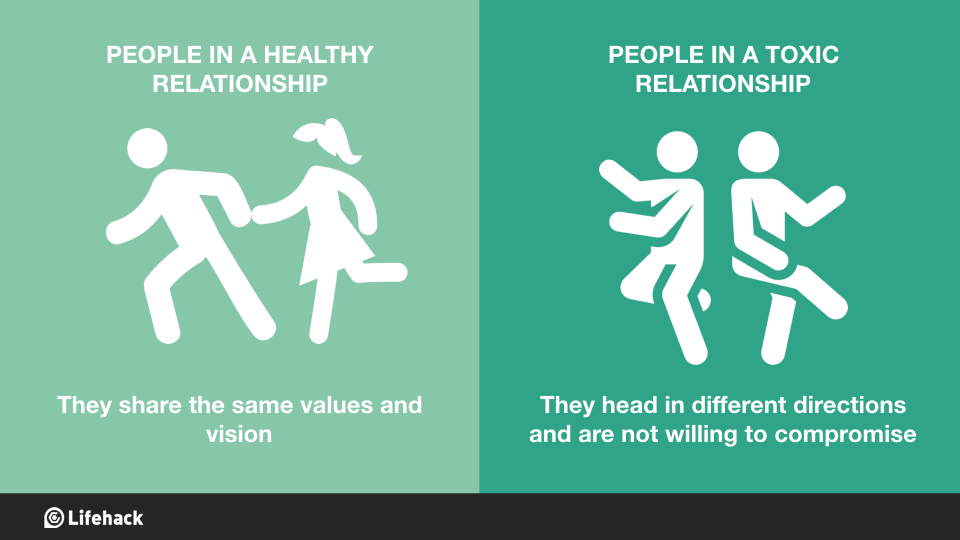 After giving yourself all the time you need to feel everything you need to feel. Trying to stifle the emotions you feel, can elongate your healing. Giving yourself space to feel and process your feelings is the first step to start healing from the relationship.
After giving yourself all the time you need to feel everything you need to feel. Trying to stifle the emotions you feel, can elongate your healing. Giving yourself space to feel and process your feelings is the first step to start healing from the relationship.
Try Not to Contact Your Old Partner to “Check In”
After enduring a toxic relationship (especially a long-term toxic relationship), it can be really tempting to want to reach out to your former partner. However, it’s often best to give yourself some time alone and go completely no contact. If you are communicating with the old partner, you may find yourself drawn back into the toxic tango. Despite what they may say, you do not need to stay friends or have any connection with this person. If children are involved and contact is inevitable, there are helpful strategies for co-parenting with a person who is hard for you to be around.
Don’t Expect Closure
Perhaps you want to keep an open line of communication with your ex because you’re hoping for an apology from them as a form of closure.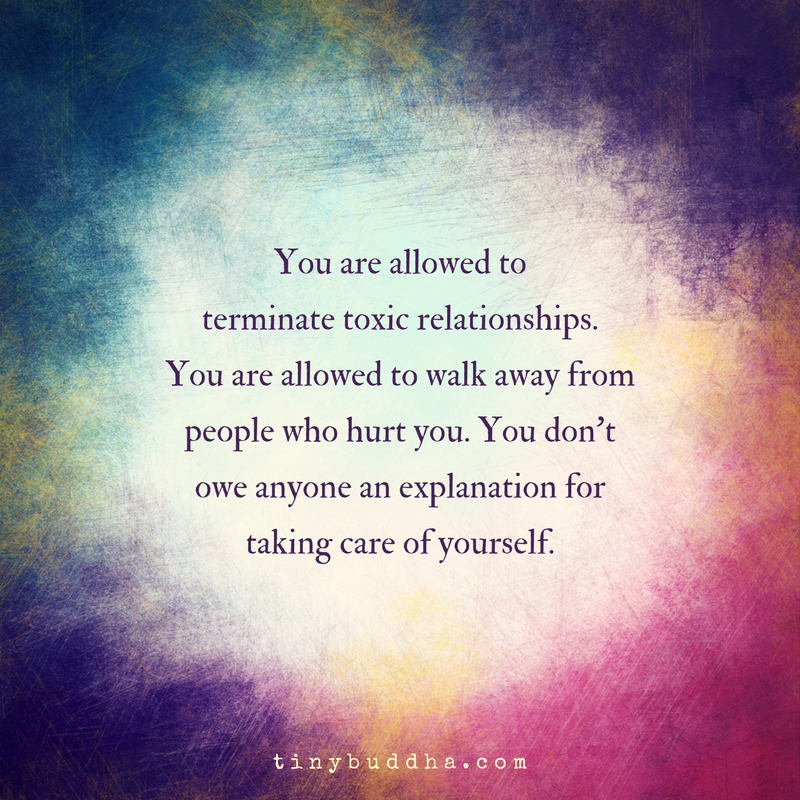 Waiting for a sincere apology can be so exhausting, and in some cases it may not ever come. The closure many survivors need often won’t come from the toxic ex, but from the healing work they do within themselves.
Waiting for a sincere apology can be so exhausting, and in some cases it may not ever come. The closure many survivors need often won’t come from the toxic ex, but from the healing work they do within themselves.
Maintain a Strong Support System with Positive People
Make sure you surround yourself with positive people. A support system can include family, friends, a therapist, support groups, etc. Being able to spend time with people you have a healthy relationship with and can trust can be so beneficial. Toxic relationships have a way of keeping people alone, so now is the time to reconnect with your inner circle or make new friends. Plus, they’ll be a huge support when you’re feeling low, tempted to call your ex. If you’re lonely, reach out to them instead when you need a pick-me-up.
Don’t be Afraid to Admit What You’ve Been Through
Toxic relationships can feel very isolating. If you’re not ready to share your story with others, you may consider writing your experience in a private journal as a way to process everything you’ve been through.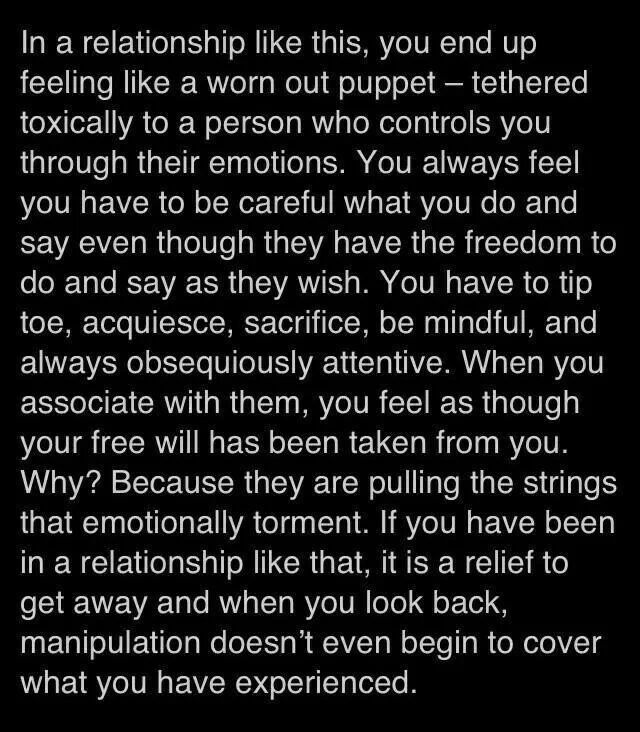 If you are ready to share, you may talk with a trusted friend/family member or a therapist. Your story is important, but it’s often so important to be ready and willing to open up about it with others.
If you are ready to share, you may talk with a trusted friend/family member or a therapist. Your story is important, but it’s often so important to be ready and willing to open up about it with others.
Re-Discover Your True Self
Toxic relationships can make people forget who they really are and what they like, outside of the relationship. Once you’re out of an unhealthy relationship, it’s time to prioritize your happiness and get back to doing the things you love. You were someone before the relationship, and you are still someone after the relationship.
Practice Self-Care
Toxic relationships can take a huge toll on a survivor’s emotional and physical well-being. Many people find that they stop taking care of themselves while they’re in a toxic relationship. After a breakup, try making extra time for yourself and do things you truly want to do. This may be reading a book, taking a hot bath, buying yourself something you like, cooking your favorite meal, or even binge watching your favorite show.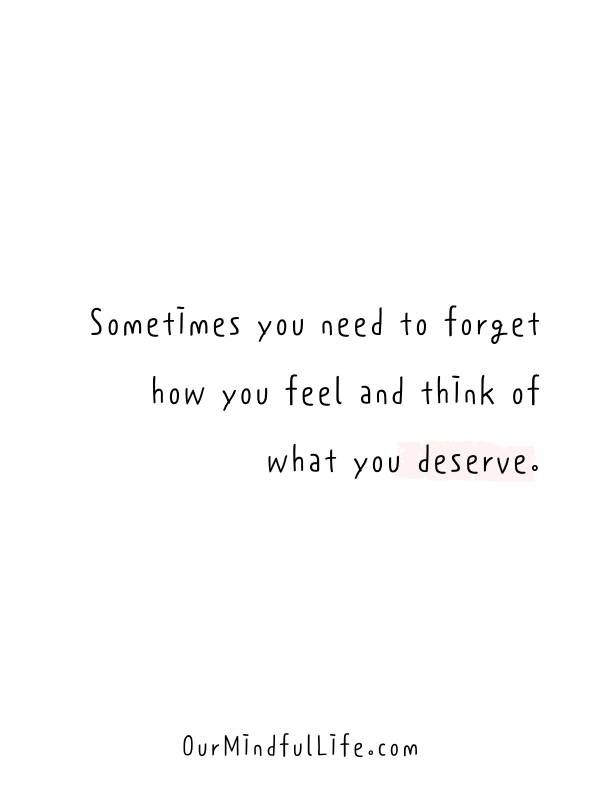 There’s no wrong way to listen to yourself, prioritize your needs, and practice self-care.
There’s no wrong way to listen to yourself, prioritize your needs, and practice self-care.
Practice Self-Kindness
Instead of judging yourself and speaking harshly, try to speak to yourself as you would someone you care about. Allow yourself to be compassionate and acknowledge that other people have been in toxic relationships before. Speaking to yourself with kindness and forgiveness can be one of the best forms of self-care. Be gentle with yourself while you’re working through your recovery and beyond.
Focus on Your Resilience
Coming out of a toxic relationship, try not to think about yourself as a victim, but rather as a strong individual that is now able to focus on yourself and your needs. You are a survivor, and this relationship does not need to define you or your life. Even though it may be difficult to see yourself as a fighter, you got out. You are more resilient than you know.
Do Not Blame Yourself
It is not your fault that someone else treated you poorly.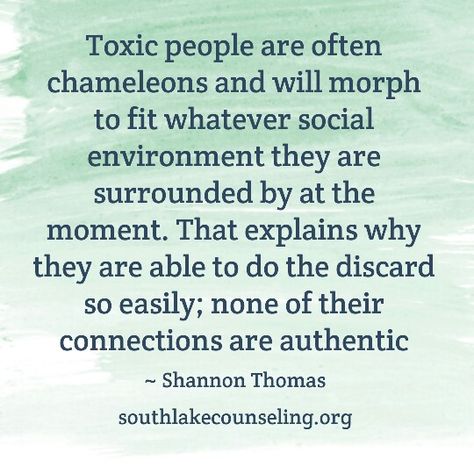 Many relationships start out healthy before becoming toxic. There was no way for you to know what was coming. Therefore, learning not to blame yourself, or to forgive yourself (if you’ve already been hard on yourself) is a critical step in recovering from an unhealthy relationship.
Many relationships start out healthy before becoming toxic. There was no way for you to know what was coming. Therefore, learning not to blame yourself, or to forgive yourself (if you’ve already been hard on yourself) is a critical step in recovering from an unhealthy relationship.
Take Note of What You Experienced
After leaving a toxic relationship, it can be a helpful exercise to take note of the things you no longer will tolerate moving forward. Once you decide you’re ready to seek out new relationships (romantic or platonic), you can establish new boundaries for yourself to help you create the relationships you want. If you’ve noticed a trauma bond, or a similar pattern in other relationships, now is a good time to explore whether previous trauma may be re-activated.
Be Patient with Yourself
The road to recovery isn’t always a straight line and everyone’s healing process will look different. Some days will be much harder than others but allow yourself to take as much time as you need to feel better. If you can afford it, take a mental health day here and there if you’re feeling depleted.
Focus on the Present
Coming out of a toxic relationship, you may be tempted to look into the past or even try to plan everything out for the future. Recovery is an unpredictable process. Instead of trying to plan the future or dwelling on the past, focus on your current situation.
Are you happy at this moment?
What can you do to make the current moment better?
Listen to what your body needs at the time it needs it.
Now that you’ve read these 13 tips to heal from a toxic relationship, known they are just a start. There any many other options for reclaiming your life and thriving. Everyone’s recovery is going to look different, and there’s no right or wrong way to heal and recover. Not sure if you’re in a toxic relationship? Take this quiz to find out.
Modern Intimacy is a group therapy practice, founded by renowned Psychologist and Sex Therapist, Dr.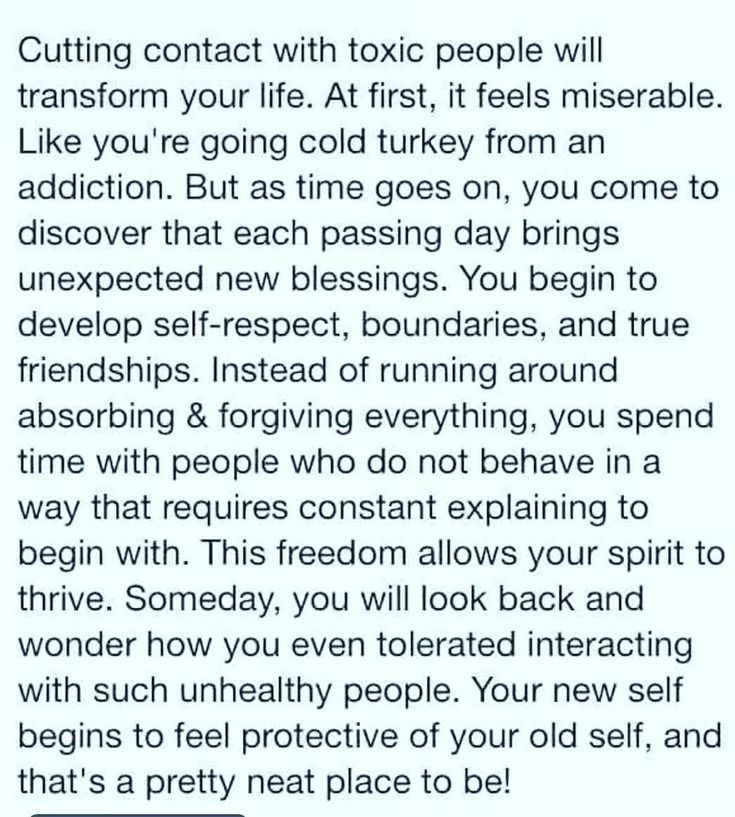 Kate Balestrieri. This inclusive blog is designed to provide a wealth of information and resources for mental health, relationships, and sexuality. Subscribe today to get the latest information from our expert contributors from all around the world.
Kate Balestrieri. This inclusive blog is designed to provide a wealth of information and resources for mental health, relationships, and sexuality. Subscribe today to get the latest information from our expert contributors from all around the world.
FOLLOW
Search for:
Subscribe
Success! Please check your email to confirm your subscription!
Subscribe
Why is it so difficult to get out of toxic relationships
Despite the fact that direct abuse is not always present in toxic relationships, they all develop in a similar pattern: tension, conflict (violence), reconciliation, calmness.
And, constantly swinging on these "emotional swings", it can be difficult to come to your senses, come to your senses and try to get out of the vicious circle. What exactly prevents breaking such an alliance?
1. Lack of understanding of healthy relationships
It is especially difficult for two types of people: those who have only been in toxic relationships before and are used to considering them the norm, and those who have never experienced anything like this before.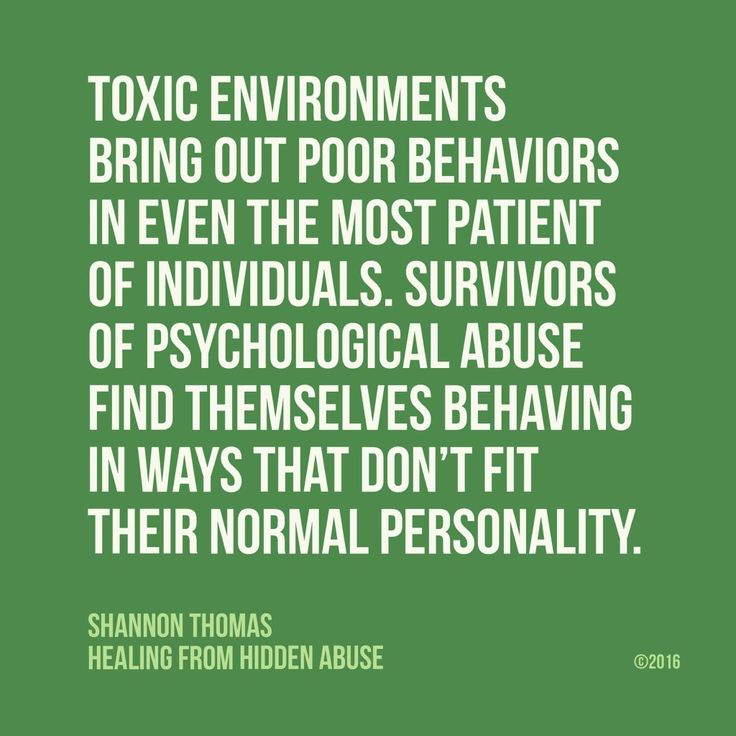 If you have nothing to compare with, if before you didn’t have relationships at all or there were only those in which there was abuse, it’s almost impossible to understand in time that something is wrong, especially if you are told from all sides that “ it's normal", "all men/women are like that" and "it can be worse".
If you have nothing to compare with, if before you didn’t have relationships at all or there were only those in which there was abuse, it’s almost impossible to understand in time that something is wrong, especially if you are told from all sides that “ it's normal", "all men/women are like that" and "it can be worse".
2. Hope that things will get better
Many people who eventually get out of a toxic relationship remember that they started noticing "wake-up calls" a long time ago, some as early as the first month after they met. For example, they were “immediately strained” that the partner loses his temper over nothing.
What kept them in a relationship? The notion that “all couples fight is probably okay too.” And also - complacency in the spirit of "it's not so bad."
3. Faith in the best in a partner
We are all not without flaws, and we all notice them in others. However, some of us tend to see others as predominantly good - their potential, which we want to help develop.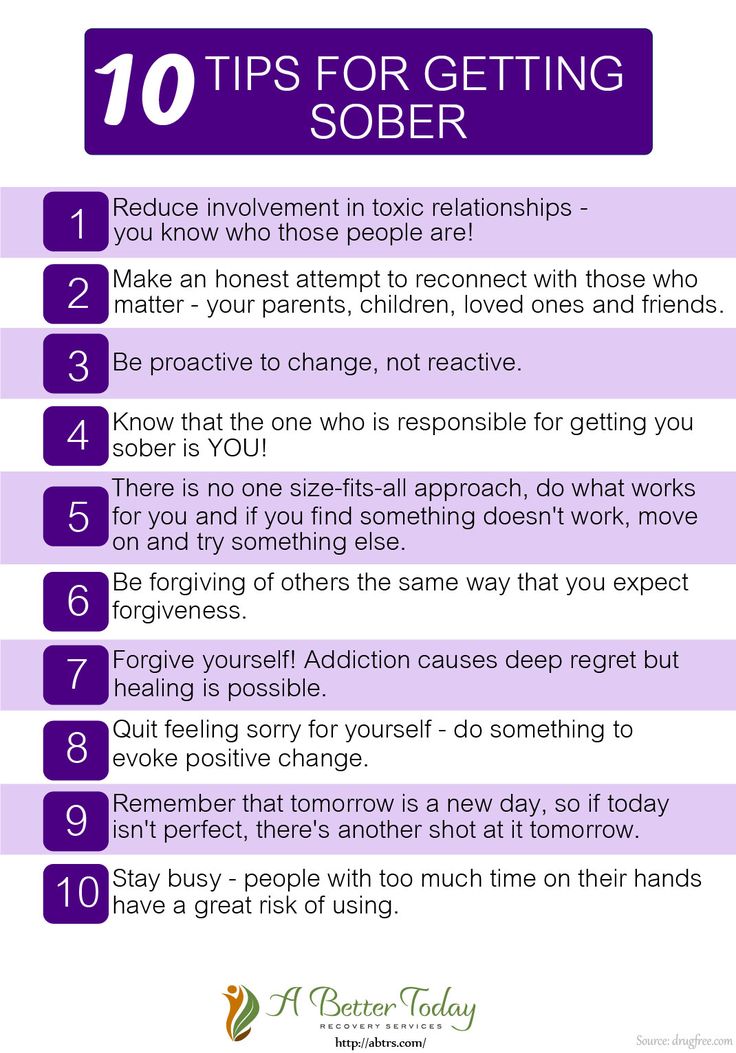 It may seem to us that if we provide our partner with maximum support, he will improve and what we do not like will not happen again. He's not from evil, but from some of his inner pain.
It may seem to us that if we provide our partner with maximum support, he will improve and what we do not like will not happen again. He's not from evil, but from some of his inner pain.
4. Relationship with a hidden manipulator
As a rule, toxic partners are brilliant manipulators: many of them learned this art from childhood, forced to adapt to significant adults, to capture their desires and mood changes. This means that you most likely will not even realize that you are being controlled - and they are doing it very successfully. And of course, the manipulator will not let you go just like that: all his charm and persuasiveness will be used.
5. Low self-esteem
Perhaps your self-esteem was like this even before this relationship, and this is what attracted a partner to you; or maybe it was this union that deprived you of self-confidence - this also happens. And by the way, self-confident optimists also have a hard time: they simply do not notice what is happening for too long, or flatly refuse to believe in it.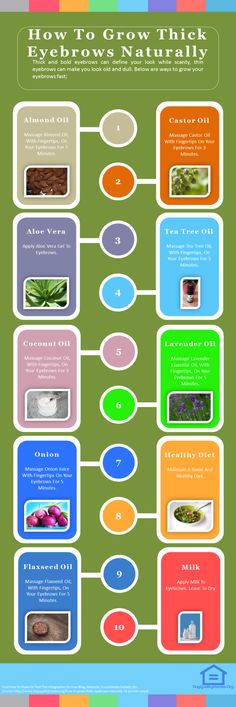
6. Shame
Many of us keep silent for years about being in a toxic relationship because of a simple sense of shame. We are ashamed that we did not see through the abuser. that fell into his trap. That they allowed themselves to be treated like this. And we prefer to remain silent about what is happening, if only "not to wash dirty linen in public."
What can be done?
Show courage, get support, make a plan and leave. Yes, that's so harsh and categorical.
You need to gather your courage and think over everything in advance: where and what you will live on, where you will work. Along the way, you will need the care of people you can trust to keep you safe.
Toxic relationships: what it is, signs, how to get out, advice from a psychologist with those around you? Someone will be prompted to think about this by a persistent sense of anxiety about the fact that contact with someone from the environment again and again brings pain, and someone, perhaps, constantly hears from relatives that his behavior is unbearable.
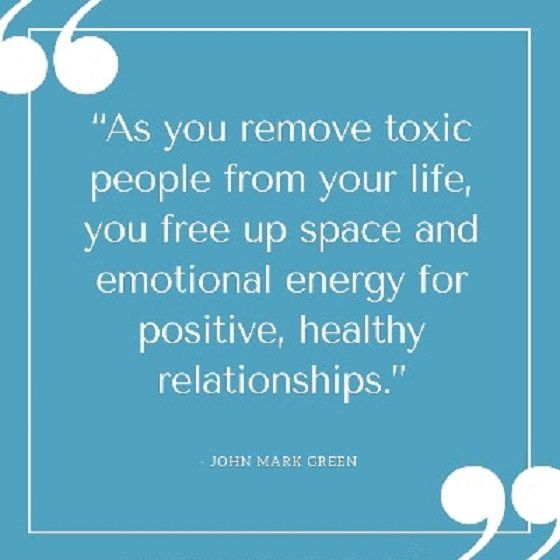 In both cases, we can talk about those same toxic relationships.
In both cases, we can talk about those same toxic relationships. The author of the article is Alena Golzitskaya, researcher at the Psychological Institute of the Russian Academy of Education, systemic family psychotherapist, specialist in the service for the selection of psychologists Alter
What is a toxic relationship
Advertising on RBC www.adv.rbc.ru
In the broadest sense, toxic relationships are relationships in which one or both parties experience negative experiences associated with insecurity in the communication process. The threat can be both real and experienced subjectively, and affect the emotional and physical levels of interaction. In other words, any behavior that starts with hurtful jokes, bullying, ridicule and ends with physical violence falls under the category of toxic. Who is most likely to become a long-term participant in a toxic relationship? People who grew up in families that practiced abusive behavior are most prone to this.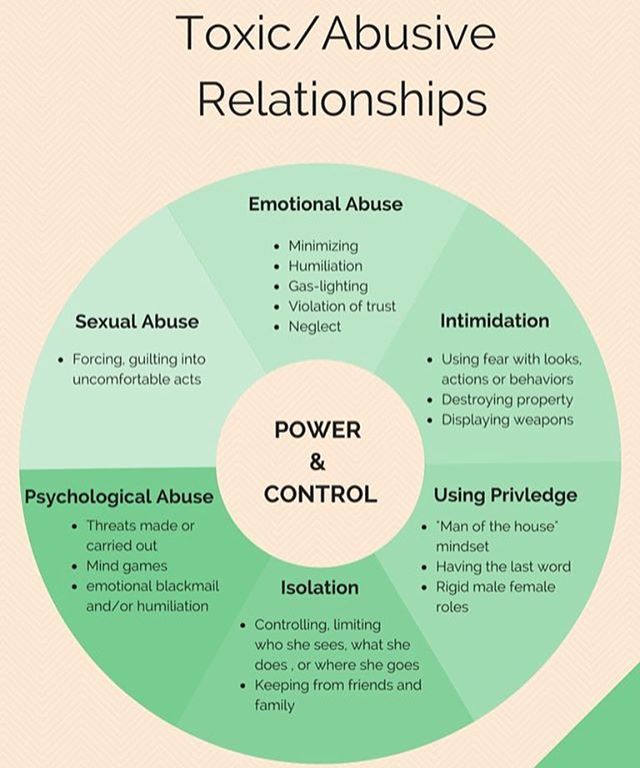
The main question that arises in this regard is: “At what point should I think that something is wrong with my relationship?”
A still from Big Little Lies
© Kinopoisk
Toxic Relationship Test
There are several main signals that you have a toxic relationship in your life:
- from your environment.
- These people just by their appearance cause you negative experiences, as it is difficult for you to predict how your communication will develop today.
- You may not feel safe in contact with them, as they allow themselves offensive remarks, may be aggressive towards you, deceive or manipulate you.
- Your emotions are not taken seriously by such people - you often hear from them that you cannot feel what you feel.
- Your attempts to defend your borders cause aggression or resentment in such people.
- You are only accepted or approved when you do something convenient or important for these people.
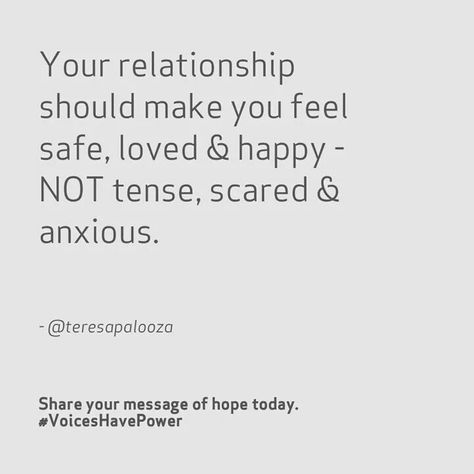
- Your interests and needs are not taken into account or devalued, when trying to satisfy them, such people often accuse you of narcissism and selfishness.
- You often find yourself feeling "going crazy" - so different is your perception of situations of contact with such people from how they describe them.
These are signs that a victim of emotional abuse may pay attention to. But what about the other side, the one that serves as a source of toxic behavior?
The fact is that most often the perpetrators of toxic relationships do not want to admit that they are doing something wrong. It may seem to them that they could not have behaved differently, that everyone does it, that the victim “deserved it herself.” This happens, among other things, because they have a system of psychological defenses that allows them to reduce feelings of guilt and shame for what is happening.
Still, sometimes they also think that something is going wrong - this can be facilitated by persistent feedback from others, indicating their dissatisfaction with the way the person using emotional abuse behaves.
If you are the source of the toxicity
When should you consider that you may be the source of the toxic relationship?
- If you constantly do not have contacts with others, people get angry at you, break off relations, do not want to continue interaction.
- If you are unable to establish and maintain (assuming repeated attempts) long-term close relationships, partners leave you, and you do not understand why.
- If relatives complain about your aggressiveness, intolerance.
- If they repeatedly say that you are unbearable.
- Your relatives give you an ultimatum to contact a psychologist in order to prevent a final break.
A still from Sharp Objects
© Kinopoisk
Signs of a toxic relationship
What are the main features of toxic behavior? Here are the main ones:
- The desire to be guided primarily by one's own interests and needs without taking into account the interests of others.
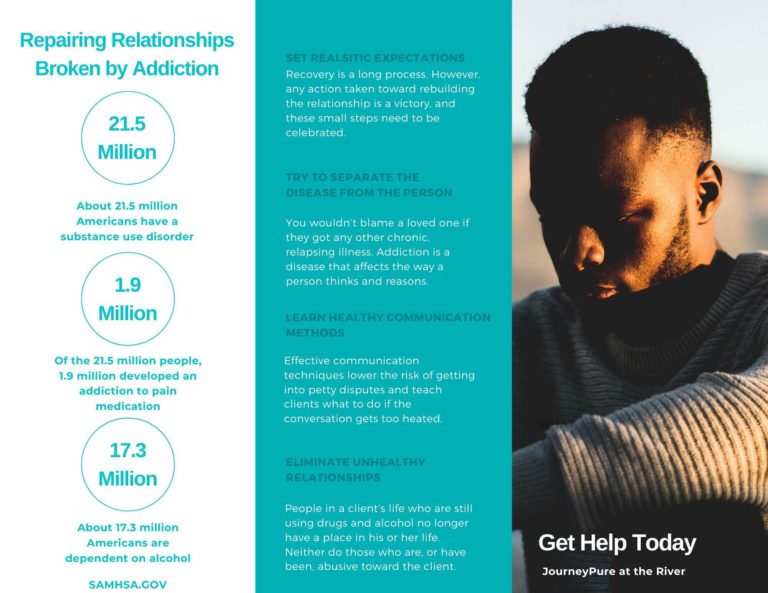
- Lies with the intent to cause harm (moral and physical).
- Forcing others to do something that is not in their interests.
- Manipulation with the topics of illness, suicide, suffering, breakup.
- Guilt, shaming others in order to achieve their goals.
- Insults, including inappropriate jokes, humiliation, threats.
- Imposing one's opinion as the only possible one.
- Infringement of the right of others to freedom of choice - partner, friends, religion, and so on.
- In the case of toxic parental behavior - ignoring the needs of the child, putting forward conditions and requirements for normal contact, excessive indulgence, physical punishment.
- Presence of physical violence in communication.
Consequences of being in a toxic relationship
The main consequences for those who have been abused can be:
- problematic self-esteem;
- increased anxiety in contacts with others;
- difficulties in maintaining close relationships and sometimes even rejecting them.
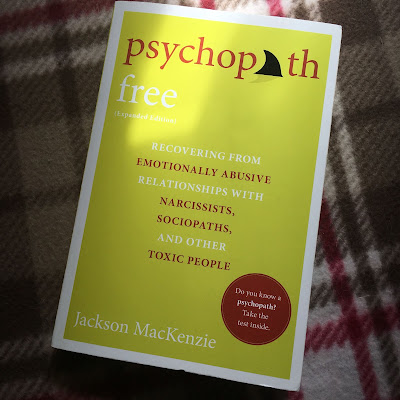
People who practice toxic behavior, if they do not want to change it, may face aggression in their direction, the unwillingness of others to cooperate, be in the same company or have at least some communication with them.
Frame from the film "Valentine"
© Kinopoisk
How to get out of a toxic relationship
Much depends on how pronounced the negative personality traits of a person who allows himself to behave toxicly with others. If such a person has, for example, very pronounced and fixed behavior patterns that involve manipulation, depreciation, lies, and even physical violence, then in some cases we can talk about personality disorders (a term from psychiatric practice).
People with narcissistic and antisocial personality disorders, for example, are almost never able to stop using what is called toxic behavior. This is because they either have very little empathy (the ability to sympathize with others), or their goals do not imply the use of it. For example, criminals who live by deceiving others simply do not consider their suffering, and this is their conscious choice.
For example, criminals who live by deceiving others simply do not consider their suffering, and this is their conscious choice.
If, on the other hand, a person who carries out emotional violence against others has the opportunity to become more conscious, and he is inclined to consider that his behavior is harmful, then the forecast may be more optimistic. In this case, working with a psychotherapist can give a certain result.
What to do if you understand that toxic relationships are present in your life
First of all, try to find a good psychologist with whom you can discuss the situation and get his expert opinion. Why is it important? People who initiate emotional abuse are often so convincing that the reason for everything is solely your “wrong” behavior that it is sometimes very difficult to see the real situation and defend yourself. Especially if you have been in a situation where you have been blamed for years, or such a person is your parent. Then the formed stable perception of oneself as “bad and guilty” may not allow one to break out of the fetters of abuse on their own.